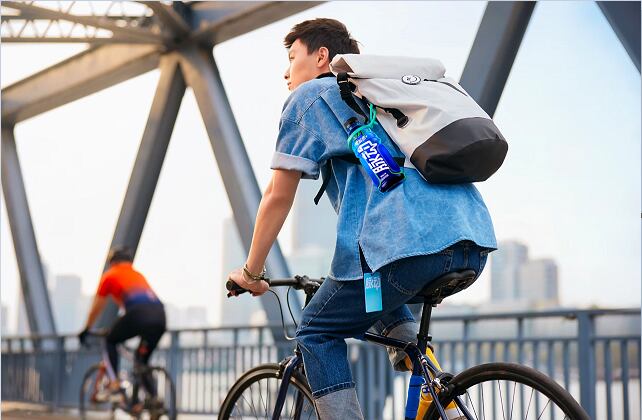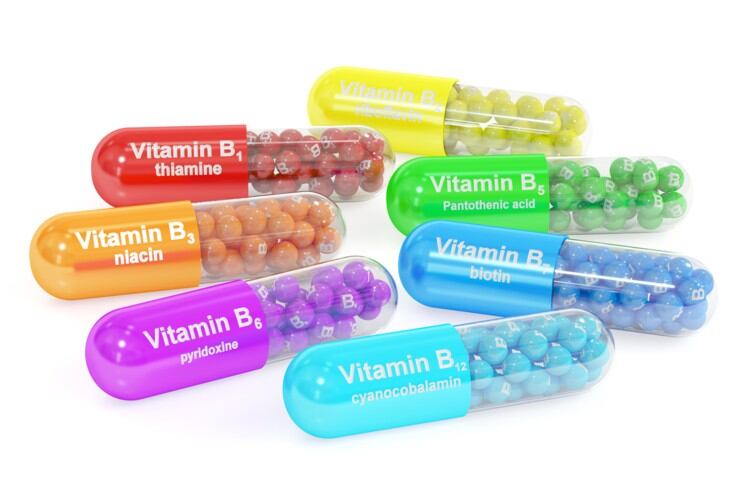Known as Mizone Electrolyte +, the grapefruit-flavoured drink is designed for active consumers or those who want to supplement their electrolyte requirements.
Using coconut water as the base, each bottle contains 455mg of five essential electrolytes, namely potassium, calcium, sodium, magnesium, and chloride.
The company added that the isotonic formula could help to replenish water and electrolyte level in humans, in turn, helping to maintain fluid balance.
Citing a report by Qianzhan (Forward) Industrial Research Institute, Danone pointed out that the electrolyte beverages has become the fastest growing beverage category in China.
According to the report released in March, the market size of electrolyte drinks has expanded 50.1 per cent to RMB$2.7bn (US$381.4m) in year 2022.
In contrast, the growth rate for energy drinks and sports drinks was 9.65 per cent and 5.46 per cent respectively.
“In recent years, Danone China has been studying the health needs and consumption behaviour of the China market. By combining the advantages of Mizone, we continually expand our product range as well as push forth product innovation and improvement.
“As both health awareness and enthusiasm for sports increase, we believe Mizone Electrolyte + will satisfy consumers’ needs for specialised beverage products,” said Gao Yueqiu, general manager at Danone China Beverages.
The product has been launched on e-commerce channels JD, Tmall in early May and will gradually be sold in selected basketball courts, badminton courts, football pitch, schools, convenience stores, as well as mum-and-pop stores in certain cities.
Key trends
So far, the biggest electrolyte drink player in China is Alienergy by Genki Forest, which took up 47 per cent of the electrolyte drink market last year. The product’s sales revenue was RMB$1.27bn (US$179.4m) last year,
This is followed by Pocari Sweat at 23.8 per cent by Japan’s Otsuka Pharmaceutical, Jian Jiao by Nongfu Spring at 16.5 per cent, Gatorade by Pepsi Co at 3.7 per cent, and Mulene by China Beverages, based on Forward’s report.
The market is increasingly seeing entrance from domestic companies, including China Resource Beverages, Zhejiang Li Zi Yuan Food, and New Hope Group.
Product formulation and marketing
Aside from electrolytes, the report noted that companies are adding other ingredients, such as vitamins into the formulation.
Alienergy, for example, has added vitamin E, B6, B12, while the Pro version of the drink also has BCAA added. The product contains five electrolytes, including sodium, potassium, chloride, zinc, and calcium.
Most other products contain only one type of vitamin on top of electrolytes, such as Pocari Sweat, which only added vitamin C, while Gatorade only added vitamin B6.
In terms of marketing, Alienergy has positioned itself as a ‘zero sugar zero calorie’ drink for light exercise, while its Pro version is designed for intensive exercise with 3.5 times more electrolytes and BCAA added.
Alienergy also has more flavour options than its competitors, namely peach, lychee sea salt, lemon, grapefruit, and white grape and aloe vera.
The majority of the Chinese consumers surveyed last year said they got to know about electrolyte drinks from e-commerce (47 per cent), followed by recommendations from gym instructors (26 per cent), recommendations from friends or celebrity endorsements (25 per cent), advertisements on XiaoHongShu (Little Red Book) or Weibo (25 per cent), and grocery stores (22 per cent).



